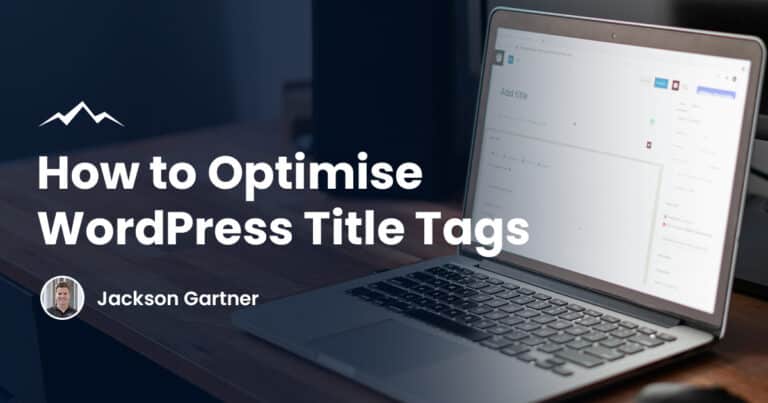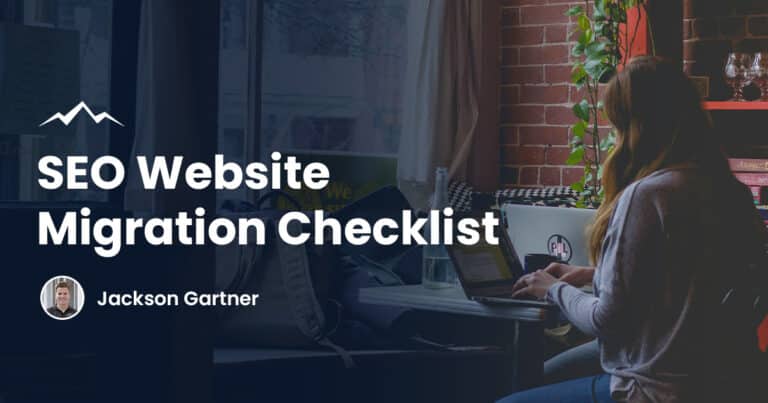Shopify, WooCommerce and BigCommerce are all great eCommerce website platforms but we’re here to break down each option so that you can make the best choice possible for your website and business in 2024.
Pros and Cons
Shopify
Pros: Best all-inclusive eCommerce platform and the ability to sell across multiple channels.
Cons: Transaction fees for alternative payment gateways and the need to reconfigure when switching themes.
BigCommerce
Pros: Most built-in features and great SEO features.
Cons: Learning curve for using the interface and no mobile app.
WooCommerce
Pros: Unlimited customisations and great for search engine optimisation (SEO).
Cons: Poor customer support and advanced technical knowledge required.
Ease of Use
Standalone eCommerce platforms like Shopify and BigCommerce will always be far easier to use then self-hosting plugins like WooCommerce.
Shopify does stand above BigCommerce however in terms of ease of use due to its large use of visuals and limited features in their default interface.
BigCommerce offers the most features upfront however and this causes a larger learning curve and a slightly tricker interface to navigate.
WooCommerce is built for users with web development experience and allows for unlimited customisation but this does mean it hasn’t got easy to use features.
If you’re having difficult setting up a WordPress / WooCommerce website, feel free to reach out to our WooCommerce Partner team.
Overall, Shopify is definitely the easiest platform to pick up and use and this also means it is the quickest out of the three to get you online if speed is a priority.
Design Flexibility
Shopify and BigCommerce both offer around 10 free themes and over 100 paid options each which will cost upwards of $200 USD.
WooCommerce offers a handful of free official themes and over 80 more paid ones starting at $47 USD annually.
You can customise every detail to fit your brand perfectly with one of their official themes and if none of those work for you there are thousands more WordPress themes built by third-party developers that you can use.
Tools and Features
When it comes to sales tools both Shopify and BigCommerce offer everything you need to manage your online stock.
Their inventory management systems are great, letting you sell an unlimited number of different products on all their price plans while you can also print customisable shipping labels.
WooCommerce does have fewer features but they’re still very good, you can get one-click refunds, blogging tools and many more but in terms of inventory management the other two have it beat.
It’s hard to split Shopify and BigCommerce here.
Payment Options and Fees
Being able to accept more payment gateways means more people can buy your products, but who supports the most?
All three platforms support a wide range of payment gateways including PayPal, Stripe and Apple Pay.
However, the key differences between the three involve their other options and transaction fees involved.
Unlike the other two, Shopify imposes its own transaction fees on all gateways apart from its own, Shopify Payments.
In terms of choice, BigCommerce is quite limited whereas Shopify and WooCommerce offer over 100 more options.
WooCommerce takes the win easily by offering the most payment gateways without imposing any of its own transaction fees on top.
Marketing Tools
SEO
Search engine optimisation is process of configuring your website so that it ranks higher on search engines like Google.
All three offer strong SEO tools that allow you to edit meta titles and descriptions, update URLs and add alt tags to images.
WordPress has the most flexibility and customisation on it’s open-source platform however.
Social Media
All three platforms offer internal or third-party extensions to integrate with Facebook, Instagram, TikTok, Pinterest and more.
Multi-Channel Integration
WooCommerce, Shopify and BigCommerce allow you to sell across multiple channels like Amazon, eBay, Etsy and more.
Overall, BigCommerce has the most built in marketing features allowing you to scale your business reliably with Shopify in a close second.
Help and Support
Shopify and BigCommerce both offer 24/7 live chat and phone support whereas WooCommerce leaves you on your own with only a small help centre / forum to consult.
Shopify does offer support through social media however which is something that BigCommerce doesn’t.
Pricing and Value
Shopify
Shopify’s let you get started for free while you set up your online store before giving you your first month live for just $1.
To keep using the platform after your first month you’ll need to continue with one of their three paid plans ranging from $39 to $399 USD per month (discount offered on annual plans).
Each plan offers unlimited products and all the brilliant features we discussed earlier but make sure to check out their pricing page to compare each plan.
BigCommerce
BigCommerce offers a 15-day free trial and plans ranging from $39 to $399 USD per month as well (discount offered on annual plans).
You’ll get unlimited bandwidth on all paid plans and zero transaction fees as well, check out their pricing page to compare.
WooCommerce
WooCommerce is by far the most affordable option as standard but can be a bit more difficult to calculate.
The plugin itself is free but you may want to pay for one of their offical themes or paid extensions.
You’ll also need to setup your own website hosting and SSL certificate which can be as cheap as $5 per month from a provider like SiteGround.
Find out more about all the top WordPress Hosting providers here.
Keep in mind you may also end up getting some paid WooCommerce addons at some stage to expand the functionality of your website, this vary widely in price.
The Verdict
Overall, Shopify is the best eCommerce platform for any online store looking to get off the ground.
BigCommerce is best for any businesses looking to scale while WooCommerce is great for creative control and limitless customisations.
White Peak Digital are also Shopify partners and BigCommerce partners which allows us to use the right eCommerce platform for every new website we build.
Don’t forget that each platform offers a free option to get staarted so test one out today and see how you like it!
I hope you found this useful.
To your success,
Jackson




